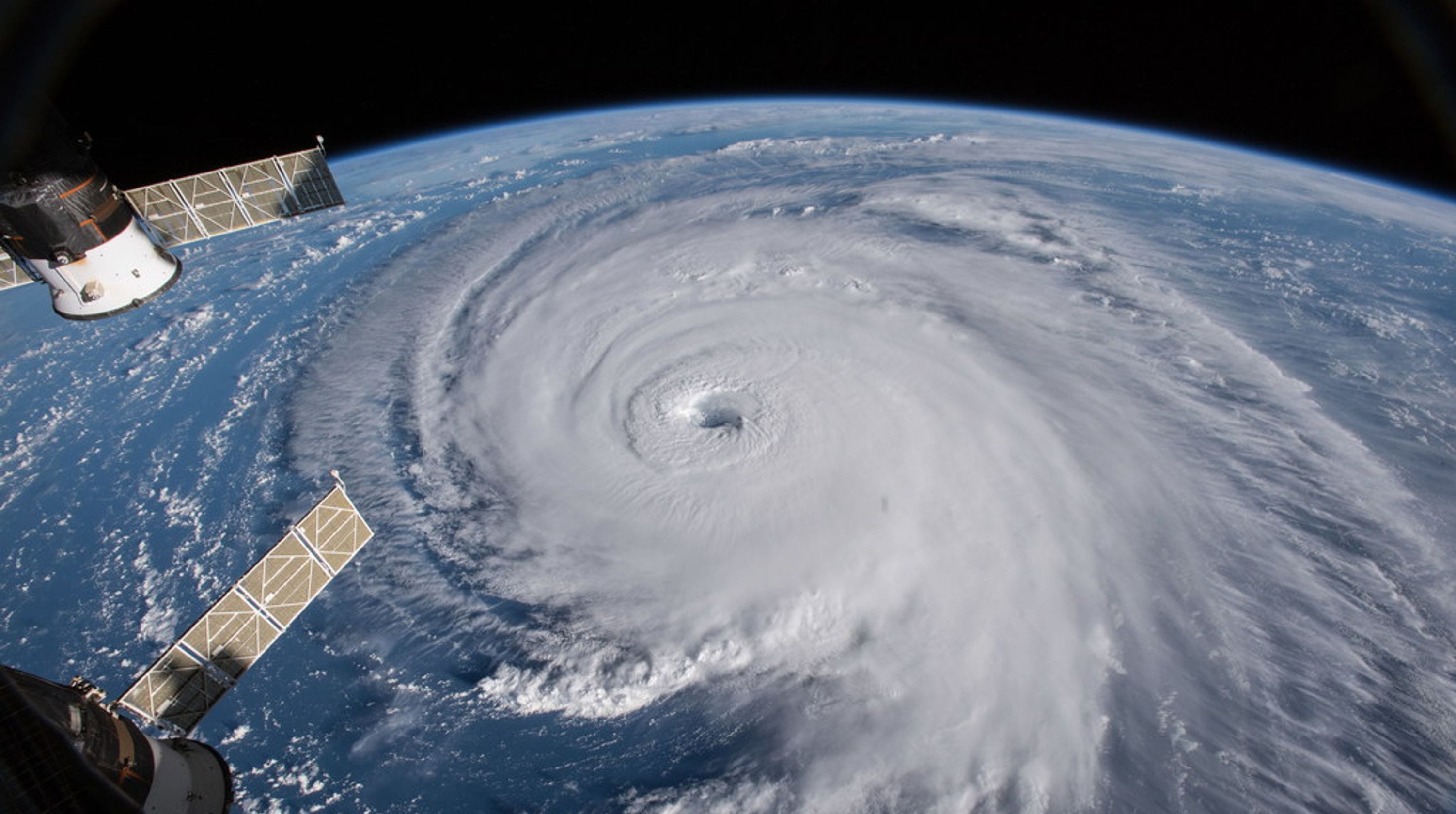While the 2018 hurricane season was a lively one with storms that slammed the Carolinas and the Florida Panhandle, two early forecasts for this year call for fewer storms — good news for New Jersey and East Coast residents and beachgoers.
The two early looks at the season — from the weather researchers at Colorado State University and the forecasters at AccuWeather — disagree in part. The Atlantic hurricane season runs from June 1 through Nov. 30.
 The 2019 Hurricane Season will be slightly above-normal with 12 to 14 storms this year. Five to seven of those storms could become hurricanes and two to four are predicted to become major hurricanes.
The 2019 Hurricane Season will be slightly above-normal with 12 to 14 storms this year. Five to seven of those storms could become hurricanes and two to four are predicted to become major hurricanes.
This year, we think that there will be a few less tropical storms and lower numbers in hurricanes, but again, the old saying is ‘it only takes one.
Meanwhile, weather researchers at Colorado State University predict a slightly below-average 2019 Atlantic hurricane season. The university’s Tropical Meteorology Project team said the 2019 season will be about 75 percent of an average season. The researchers are predicting 13 named storms this year.
Of those, researchers expect five to become hurricanes and two to reach major hurricane strength … with sustained winds of 111 miles per hour or greater,” researchers said, adding that they are referring to storms that would be a category 3, 4 or 5 storm.
The 2018 hurricane season’s activity was about 120 percent of an average season with Hurricane Florence slamming into coastal Virginia and the Carolinas, and Hurricane Michael inundating portions of the Florida Panhandle.
Other years with similar conditions saw hurricanes with impacts along the East Coast from Brownsville, Texas, to the Florida panhandle and up the mid-Atlantic coast, AccuWeather said. “This year, just about all coastal areas look like they have equal chances.
Colorado State researchers use models built on roughly 40 years of historical data and evaluate conditions that include Atlantic sea surface temperatures, sea level pressures, vertical wind shear levels, El Niño and other factors. It takes only one storm near you to make this an active season.
Researchers also calculated the probability of major hurricanes making landfall as follows:
-
48 percent for the entire U.S. coastline (average for the last century is 52 percent)
-
28 percent for the U.S. East Coast including the Florida peninsula (average for the last century is 31 percent)
-
28 percent for the Gulf Coast from the Florida panhandle westward to Brownsville (average for the last century is 30 percent)
-
39 percent for the Caribbean (average for the last century is 42 percent)
The relatively high likelihood of a weak El Niño was a primary factor in the 2019 forecast.
“Tropical Atlantic sea surface temperatures are currently slightly below their long-term average values and are consequently considered an inhibiting factor for 2019 Atlantic hurricane activity as well,” researchers said. “A weak El Niño has recently developed in the tropical Pacific. CSU anticipates that these weak El Niño conditions are likely to persist through the peak of the Atlantic hurricane season.”
The CSU team will issue forecast updates on June 4, July 2 and Aug. 6.
Researchers caution that the prediction is only intended to be a best estimate of hurricane activity during the upcoming season — not an exact measure. The Colorado State team said the 2019 hurricane season thus far is shaping up to be similar to 1969, 1987, 1991, 2002, and 2009.
“1987, 1991, 2002 and 2009 had below-average Atlantic hurricane activity, while 1969 was a very active hurricane season,” said Phil Klotzbach, research scientist in the Department of Atmospheric Science and lead author of the report.
Visit the Landfall Probability website for information on all coastal states as well as 11 regions and 205 individual counties along the U.S. coastline from Brownsville, Texas, to Eastport, Maine. Landfall probabilities for regions and counties are adjusted based on the current climate and its projected effects on the upcoming hurricane season.


